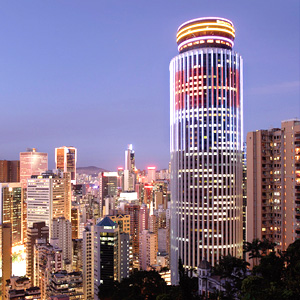Webb-site.com recently wrote about the vote yesterday to take Hopewell Holdings (SEHK: 00054) private at a roughly 40% discount to book value. This is still a premium to its earlier trading price of more than 60% below book value, so investors in 00057.HK still made money, though not as much as if the whole book value of the company could be realized.
We do not currently hold shares in Hopewell, but earlier profited from similar “take private at less of a discount” deals on Eu Yan Sang and SMRT in Singapore. I continue to believe it makes sense to buy good companies at deep discounts to their true value, though what this example shows is how short of true value a minority public shareholder may realize.
About half of Hong Kong listed companies trade at a discount to book value
While I don’t believe this discount deal should be generalized to criticize corporate governance across Hong Kong listed companies, it is worth asking “Why do such a large share of Hong Kong listed companies trade at a discount to book value?”. My short answer starts with the fact that a large share of the Hong Kong stock market is made up of financial and property companies, which tend to be asset heavy and trade at only a small premium to book value even in expensive markets like the United States. In markets like Hong Kong, investors preference to buy physical properties to investing in REITs, and the lower percentage of the population considering stocks as a long-term store of wealth are big factors I would point to.
Below is a scatterplot from my experimental website OneWorth.net showing the ROE ratios of the almost 1,000 Hong Kong listed stock trading below book value.


